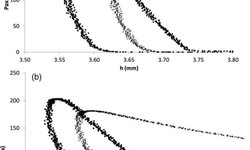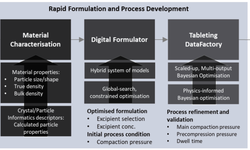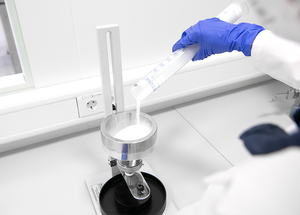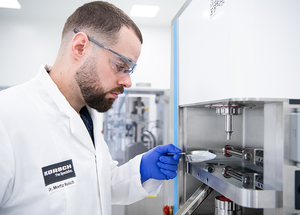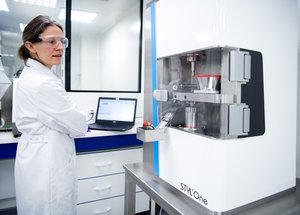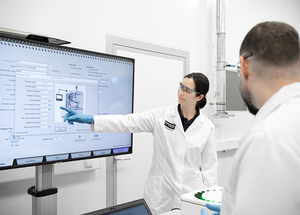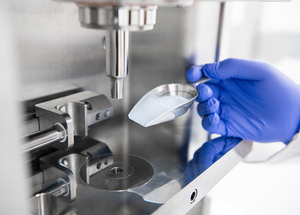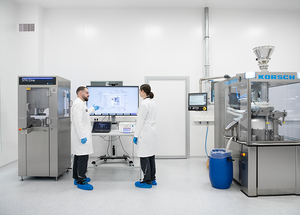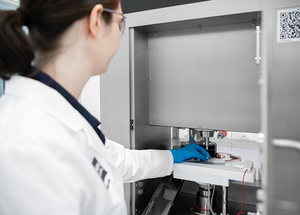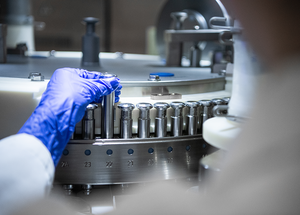Scientific papers
The aim of this investigation was to examine the influence of minor formulation components (sodium lauryl sulfate: SLS, and magnesium stearate: MgSt) and the manufacturing process on the compaction properties of the final blend and the performance of tablets during film coating. A 2 × 2 × 3 factorial study was conducted, considering two levels of SLS (0% and 1%, w/w) and MgSt (0.5% and 1.75%, w/w), in conjunction with three distinct manufacturing processes (direct compression, high‐shear wet granulation, and dry granulation). Tablets were compressed to the same solid fraction (0.9), resulting in tablet hardness values ranging from 13 to 42 SCU, indicating substantial differences in compactability among the batches. Increased levels of SLS or MgSt in the formulation exhibited a significant adverse impact on compactability and the performance of film‐coated tablets. The detrimental effects on compaction and coating performance were more pronounced for the dry granulation process, possibly due to the overall heightened shear experienced by excipients (SLS, MgSt, microcrystalline cellulose) during the roller compaction and milling stages. These findings underscore the significance of the manufacturing process when evaluating the use-level of formulation components such as SLS and MgSt.
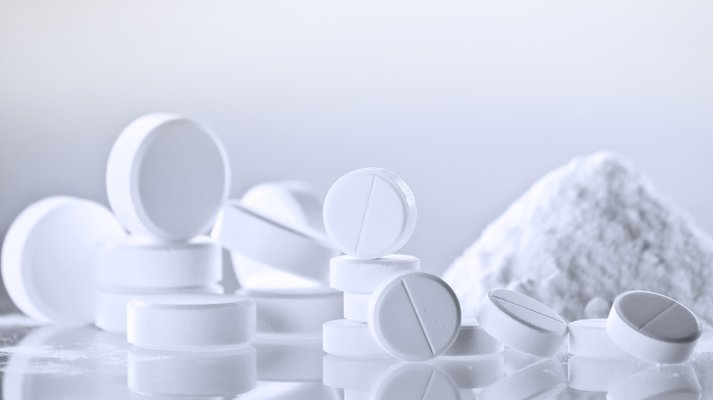
Comments
No comments posted yet.
Add a comment

